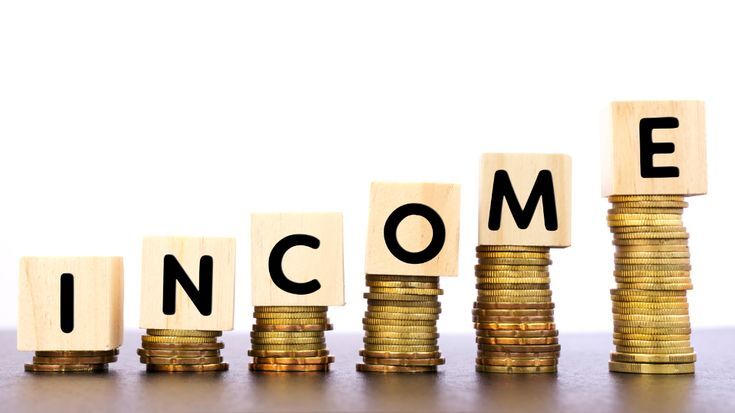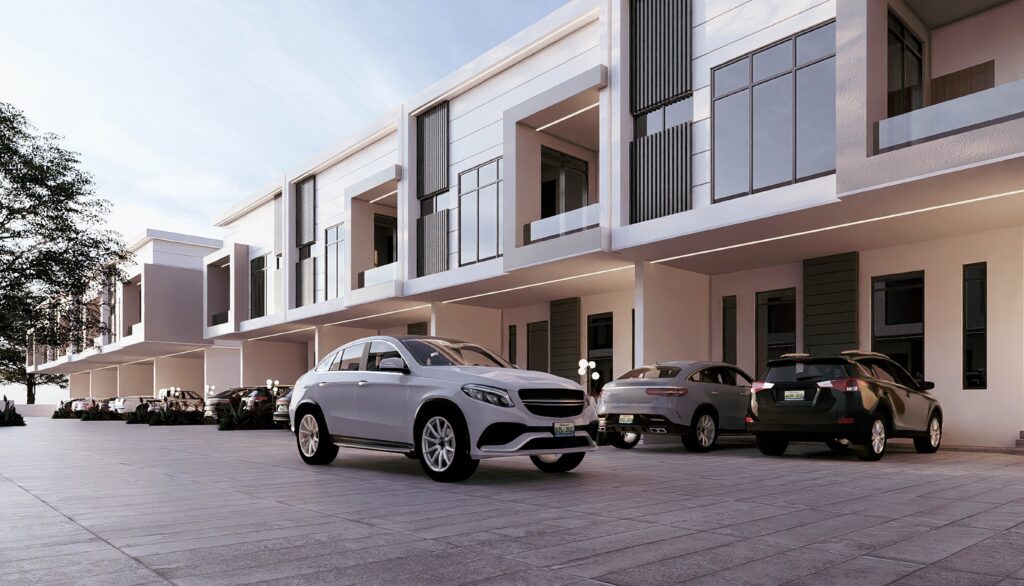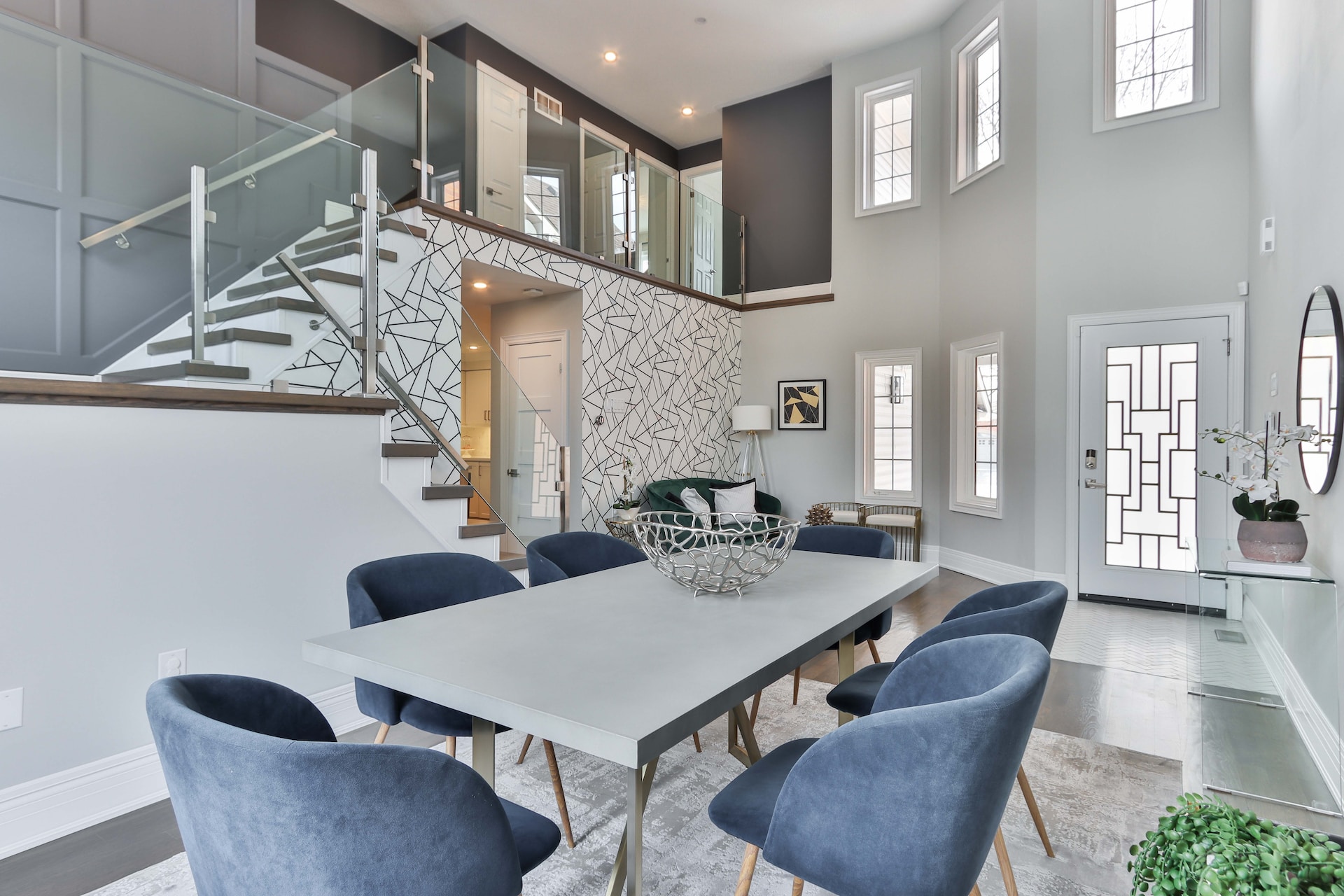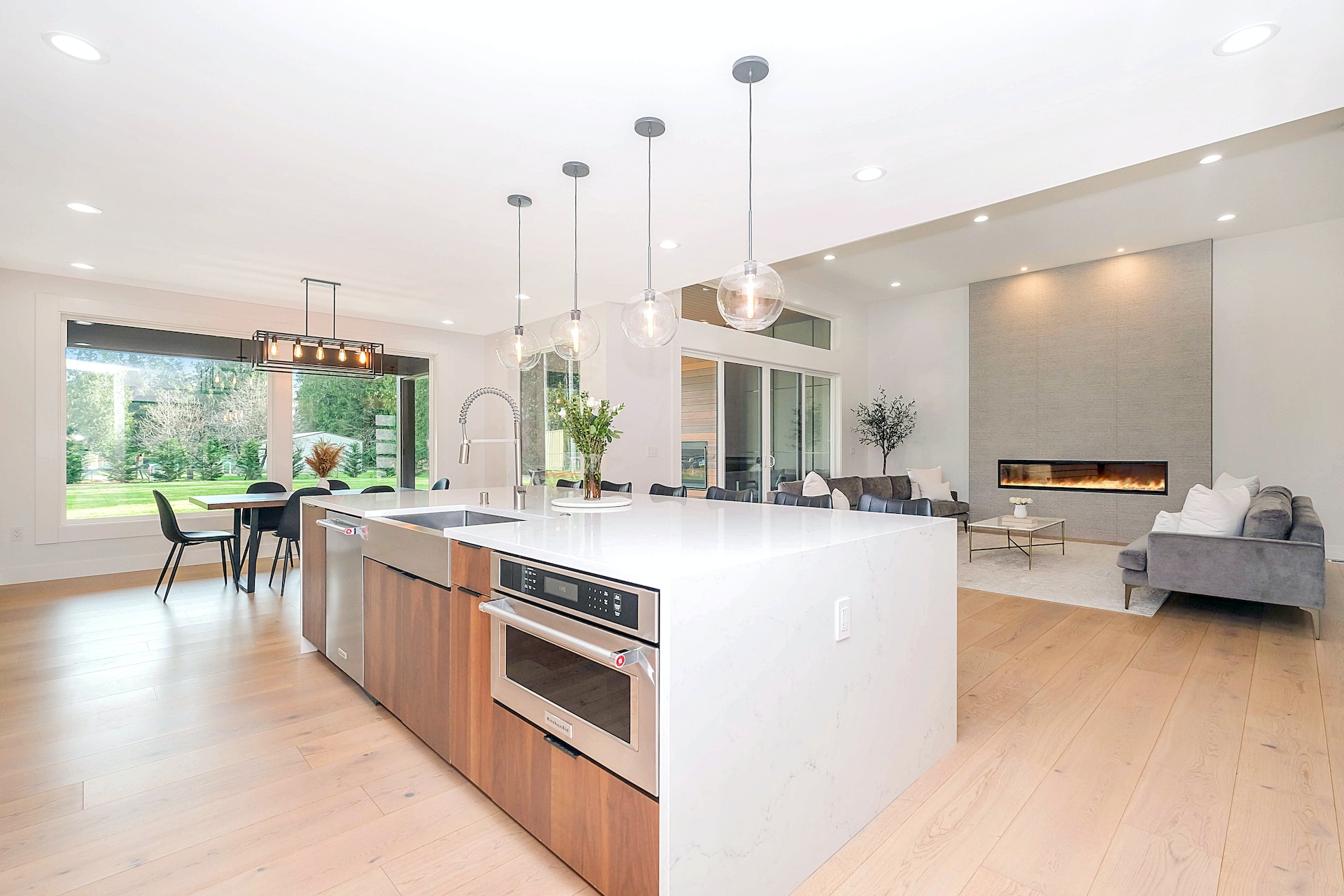Nigerian Property Prices

What You Need to Know
Understanding Nigerian property prices is relevant and timely for any buyer or seller as the Nigerian real estate market has; been growing and changing over the years.
The increasing prices of properties caused by urbanization and high demand for housing require a buyer to know the factors that influence the prices and how to navigate the market.
This blog article is a detailed guide to understanding Nigerian property prices; covering the key factors that affect prices and how one can go about determining the value of a property. It is envisaged to help buyers and sellers of properties in Nigeria.
Factors That Affect Price in the Nigerian Property Market
- Location: One of the most influential factors in price is a property’s location. The prices of those properties located in locales considered prime; However, with good infrastructure, amenities, and proximity to cities of importance, are certainly higher than others.
- Size and Structure.: Furthermore, the size and the design of a property also determine the price of a property to a great extent; Large properties, with extra bedrooms, bathrooms, and living space, come at higher prices than small ones.
- Age and Condition: The age and condition of the property are also likely to have an impact on the cost. Therefore, Newer premises in good condition, with ultra-modern facilities, will probably be more expensive than older ones in a run-down condition that require renovation.
- Type of Property: The type of property also impacts its price. For example, apartments and townhouses tend to be more affordable compared with detached houses, while luxury properties with high-end finishes and amenities tend to command higher prices.
- Supply and Demand: The supply and demand for properties available in an area influence the prices. In areas where demand is high and supply is low, the prices of property appreciation are considerably higher.
- Governmental Policies and Regulations: Government policies and laws, such as taxation and zoning laws, may also influence property prices. For instance, places that have higher taxes or strict zoning laws will not be very attractive, hence their cheaper cost.
- Economic Factors: These are factors like inflation, interest rates, and employment rates, which also influence the prices of property. For example, the prices of property will be more affordable during an economic downturn.

How to Determine the Value of a Property
- Research: Research the property market in an area where such a property is located to establish the price per square meter on average.
- Comparable Properties: Observe comparable properties around that area and examine their prices regarding their state. This will help you estimate how much your property is worth.
- Property Valuation Inspection: This means inspecting a property for defects or repairs that are needed. That will let you know the condition and value of the property.
- Appraisal: Engage the services of a professional appraiser to establish the value of the property. The appraiser will do an in-depth analysis of the property by first doing an inspection to reach an estimation of its value.
 Things to Put into Consideration While Buying or Selling a Property in Nigeria
Things to Put into Consideration While Buying or Selling a Property in Nigeria
- Title Documents: The title documents of the property should be in order; the seller is having the selling rights of the property.
- Property Condition: The Prospective buyer shall inspect the Property for defects and needed repairs to the property.
- Neighborhood: Find out about the neighborhood—its safety measures, facilities, and how far it is from major cities.
- Market Trends: Observe the market trends that currently are prevalent in the area to determine if prices are on an upward or downward swing.
- Professional Help: Professional help from a real estate agent or an attorney would make the buying or selling process easier for the buyer/seller.

Sangotedo: A Good Location to Invest
Sangotedo is a rapidly growing neighbourhood in Lagos, Nigeria, known for its modern infrastructure, amenities, and proximity to major cities. The area is home to many high-end residential properties, commercial buildings, and amenities such as schools, hospitals, and shopping centres. Sangotedo popularity as a residential and commercial hub has driven up property prices in the area, making it an attractive investment opportunity for those looking to invest in Nigerian real estate.

Resida Apartment: A Good Investment Opportunity
Resida Apartment is a luxurious residential complex located in Sangotedo, Lagos. The complex offers a range of apartments, from one-bedroom to five-bedroom units, each equipped with modern amenities such as air conditioning, cable television, and high-speed internet. Resida Apartment is a good investment opportunity for those looking to invest in Nigerian real estate, as it offers a high return on investment and a secure and comfortable living environment.
Conclusion
Understanding the price of property in Nigeria will involve knowing the key factors that affect price, how to determine the value of a property, and what to look out for when buying or selling a property. With the tips and guidelines enunciated in this article, you should be able to sail through the Nigerian real estate market with confidence and always make informed decisions whenever you are buying or selling any property.
The Nigerian real estate market is dynamic; hence, knowing and staying up to date with the trends in prices becomes very important. Knowledge of Nigerian property prices is very necessary, whether one is a buyer, seller, or investor in the pursuit of set goals regarding real estate.




